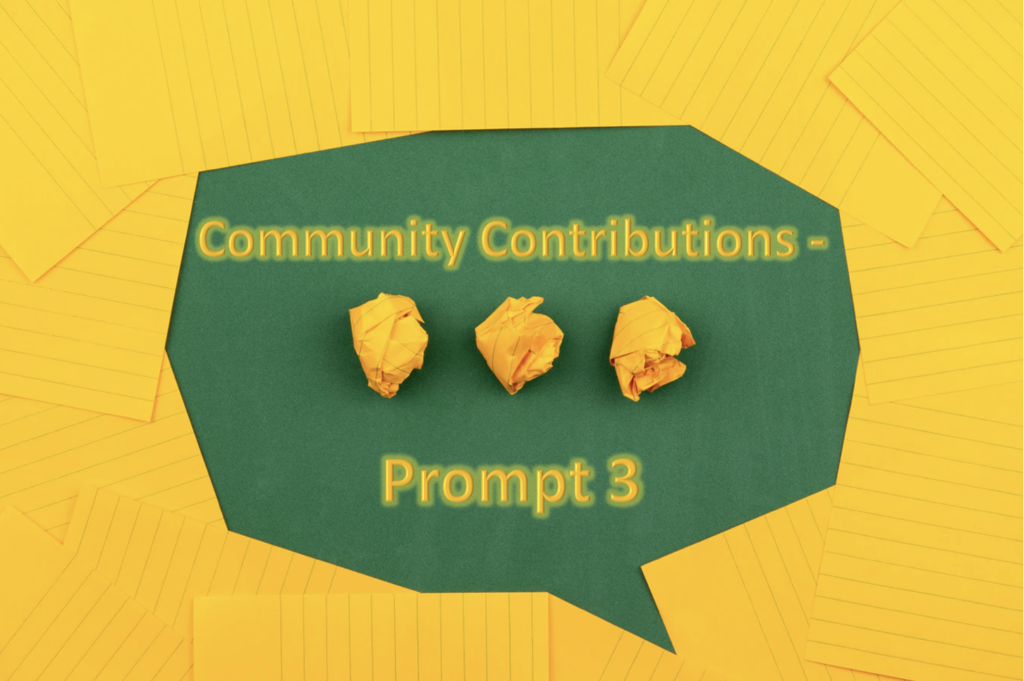
Chloe,
I absolutely love the GRR model. I too was in a class taught by Robin Wilmot and ever since her class I have been so passionate about things like scaffolding and the GRR model. They have definitely had a lasting impact on me and I am glad to see that others feel the same way! I think your groups use of the GRR model to teach perimeter will be really helpful for students while also giving you (or the other teachers) a great chance to assess where individuals are at and whether more support and practice is needed before progressing.
I love your groups focus on master-orientated feedback! My group has been very centred around this as well as we too feel it is critical to student development and success. I am curious as to what kinds of formative assessment you guys are using for your lesson. I do not have much personal experience with formative assessments in math so I am very interested in hearing more about this! Any chance you want to share? If not I look forward to reading about it more in your learning resource.
You have linked some great resources here! I have seen the Ross Greene video and absolutely love it; however, I have not seen the video that uses bowling as a metaphor for classroom learning and inclusivity. Very cool. I will definitely remember that one. The idea of hitting the harder pins and how this relates the Universal Design for Learning is so accurate and impactful.
In reference to the question you posed about healthy communication, I agree 100%. I think of this in terms of emotional literacy. Emotional Literacy is, “…the ability to read (identify), label, understand and act upon the feelings (emotions) of oneself and others in a healthy and socially acceptable manner.” (Buschbacher, 2019). This allows individuals to understand their own, as well as others, peoples feelings, self-regulate, and communicate effectively. I think when we teach emotional literacy in the classroom, it teaches students how to understand their feelings and what they need, and communicate it more efficiently. By teaching emotional literacy, I think we can accomplish the “culture of healthy communication” that you mention in your blog! I have linked an article below that I really like. It talks about emotional literacy and offers a variety of ideas for how to help teach and promote emotional literacy in the classroom! Have a read if you are interested and let me what you think.
https://www.edutopia.org/blog/helping-young-children-develop-emotional-literacy-maurice-elias
Resources:
Buschbacher, P. (2019, July 5). What is Emotional Literacy? . Continued. https://www.continued.com/early-childhood-education/ask-the-experts/what-is-emotional-literacy-23253.
Elias, M. J. (2017, July 18). Helping Children Develop Emotional Literacy. Edutopia. https://www.edutopia.org/blog/helping-young-children-develop-emotional-literacy-maurice-elias.
Cynthia,
Very interesting read this week. I agree that with the technology we have these days, working and learning from home is definitely possible. I like the two categories you split this post up into – employee enthusiasm and difficulties surrounding training. When you discussed employee enthusiasm and motivation, you mentioned having some sort of incentive and/or regulation(s). To me this sounds like it plays along the lines of behaviourism, would you agree? I think the incentive and/or regulations could be effective in creating motivation in employees; however, I wonder if there is any way to create more intrinsic motivation. What do you think? Do you think it is possible and if so, how? Do you think this would cultivate more long term success and happiness within the work sphere?
In terms of the difficulties surrounding training individuals, I agree that there are many more supports these days that can be utilized to increase efficiency. As you mentioned, the use of video, mentors, and online platforms for meeting are all great tools; however, my one concern is training that involves more hands-on work. This may not be applicable to you, but your post got me thinking about how this effects jobs and workers who need to be taught something that is hands-on. For example, learning how to do plumbing by watching a video is much more difficult than learning how to use online spread sheets from a video. I wonder what these type of work places think about online learning/working and how they are dealing with the adversity.
Anyways, thanks for listening to my thoughts and questions and for getting me thinking about some different things!!
Photo Credits: Header photo by Volodymyr Hryshchenko on Unsplash
